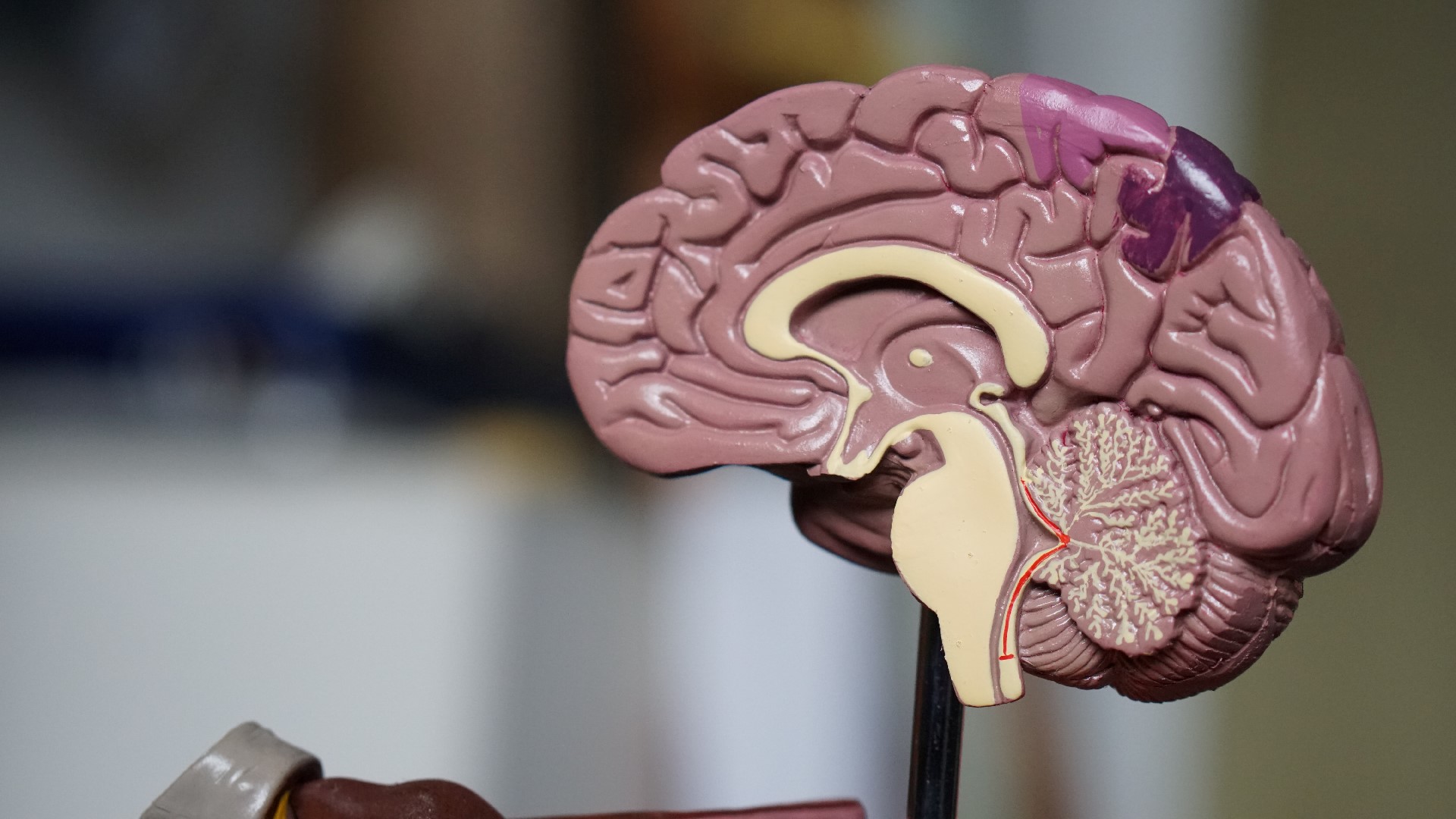The ESTJ personality type is people known for their stability and reliability. They are fierce controllers of their environment and are the dedicated ones of their group.
The Myer Briggs Personality test identifies 16 archetypes that divide multiple people and their personalities. Among them, we have the ESTJ, also known as the Executive/Supervisor personality type.
Think of them as law-abiding, rule-following, by-the-book folks who take charge and complete projects by effectively and systematically communicating with their colleagues. It might seem like a serious thing but it isn’t.
Here’s what you need to know about them.
What Is The ESTJ Personality Type: Origins, Strengths And Weaknesses Explained
According to the Myer Briggs Personality Test Indicator, there are 16 different personality archetypes in the human world. Out of those 16, the ESTJ, also known as the Executive Personality Type are the supervisors or the guardians.
These personality archetypes have several recognizable personality traits that can help identify their presence. You might have noticed the several letters in their name i.e. the ESTJ. Here’s what these letters signify.
- E: Extraversion
- S: Sensing
- T: Thinking
- J: Judgement
These personality archetypes are extroverted and love to be among people. In addition, they are logical and know how to handle people and situations with a stern voice. They can easily assert themselves in social situations. Think of them as the professors of any group since they are particular about following rules and traditions.
They urge their colleagues and friends to do the same in their company. According to the Myer Briggs Personality Foundation, about 8 to 12% of the people in the US have this personality type. That is not a majority but it is not a minority either!
Characteristics Of The ESTJ Personality Type

It will be easier for you to identify a person who is an Executive/ Supervisor if you can recognize their characteristics. Every personality type has certain common traits and outstanding that are unique to certain ones. The characteristics for the ESTJ are:
- By the Book Individuals: The people who have these personalities like to do everything by the rule book and do not shy away from letting it known to their peers. They place a lot of emphasis on laws, rules, and the status quo. You will find a lot of these folks in governmental organizations, social communities, and more.
- Unyielding Personality: These archetypes do not like and never will give up when they set their eyes on a goal. That is why, a lot of these people are commonly supervisors or managers of certain companies/organizations. Their orthodox behavior helps them tremendously when wanting to be a leader in any position.
- High Self-Confidence: Due to their law-abiding nature and frequency of following the rules, they know that they are right in any situation. Thus, they possess high self-confidence no matter what. They have trust in their nature and abilities.
- Honesty: They are honest about their opinions and let people know that without holding back. This can seem rude but it is a good quality to have in the long run. Their honesty might get them weird looks but they always command respect in any situation.
ESTJ Strengths And Weaknesses
The ESTJ Personalities are firm. However, they are not above having weaknesses of their own.
| Strengths | Weaknesses |
| Reliability | Inflexibility |
| Organizational Skills | Bluntness |
| Leadership Abilities | Stubbornness |
| Problem-Solving | Overcommitment |
| Dedication | Impatience |
| Strong Work Ethic | Difficulty with Change |
| Time Management | Tendency to Micromanage |
| Attention to Detail | Harsh Self-Criticism |
| Clear Communication | Struggles with Empathy |
| Decision-Making | Rigid Adherence to Rules |
There are many more strengths and weaknesses but these are the core ones you should keep in mind when you encounter an ESTJ personality type.
ESTJ Relationships

Since these people play by the books, they are devoted and loyal partners. They crave a relationship that has stability and commitment. However, their rough speaking style can invite criticism and might create disturbances between their partners and friends.
As usual, these individuals thrive with people who can show the same commitment to them and the people who value structure and reliability.
ESTJ personality parents usually have a structured environment that is engrained based on teaching values and having clear expectations of their children. However, having clear expectations might lead to children feeling pressured by their parents.
They also impart discipline, responsibility, and accountability which can help children advance in life. These structured environments help the children create stability.
In terms of friendships, you can expect loyalty, practicality, and reliability. In addition, these personalities rarely have a gap in their communication which makes them the most stable friends.
Careers For ESTJ
The ESTJ personalities advance in fields that require strict organization and attention to detail. They are great leaders and thrive in roles that do things by the book. The best careers for ESTJs are:
- Healthcare Administration
- Education and Teaching
- Law Enforcement
- Military
- Project Management
- Management
- Leadership Positions
- Accounting
- Finance
ESTJ Cognitive Functions

Myer Briggs Personality indicator says these personalities have recognizable cognitive functions directed outwards or inwards depending on situations.
The dominant function makes up the personality majorly while the auxiliary supports the dominant one. The tertiary and inferior are rarely seen but are existent. They also help in the identification of these personalities.
Dominant Function: Extraverted Feeling
Most of their social interactions involve a logical and objective conversation with practical decision-making. That is why, these personalities make for great students. Their ability to be objective helps them put their feelings aside when making decisions. Therefore, they always consider facts and logic over their feelings.
Auxiliary Function: Introverted Sensing
These personalities are great at clearly remembering events, details, and the past. They often use that ability to make sense of current events and connect the dots regularly. These personalities do not like to do things that shy away from their routine. They want to enjoy stability and things that are familiar and in their control. This also makes them quite stubborn.
Tertiary Function: Extraverted Intuition
The ESTJ personality types are always prone to seeking out new ideas if they want to explore their creativity. To process this information, they may delve deeper into topics to help form meanings and patterns. It also helps them create multiple outcomes.
Inferior Function: Introverted Feeling
Rarely any decision is made with feelings for the ESTJ personalities but it is not impossible. When the ESTJs use this function, they make decisions while acting on their feelings. This will often counteract their logical interpretation. However, this only happens when they have a strong gut feeling about something or someone.
ESTJ Executive Personality Type Celebrities You Should Know About
Every celebrity behaves in a certain pattern which can be identified using the MBTI. There are those who exhibit traits of an ESTJ throughout their lives.
- John D. Rockefeller
- Frank Sinatra
- Laura Linney
- James Munroe
- Judge Judy
- Hillary Clinton
- Warren Buffet
- Angela Merkel
The Verdict
The ESTJ personality type might come across as strict and stubborn. But there is thorough justification for their methods stemming out of social and cognitive proof gathered from their own experiences. You will have an easier time convincing them for a movie night rather than questioning their ideals.
Have you ever wondered if an introvert could become an extrovert, if yes, check this page out. For more personality type information, check out the Encyclopedia of Personalities page.
